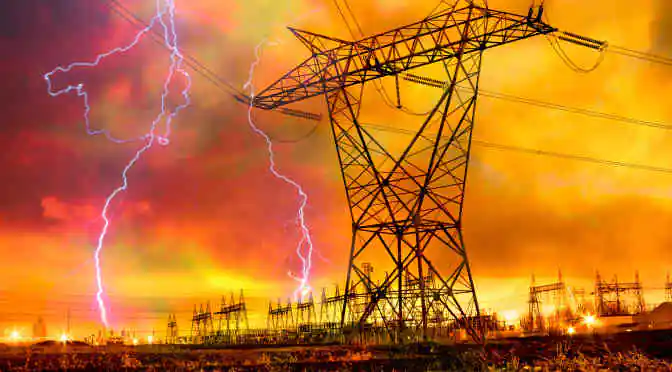Residential solar panels have emerged as one of the best solutions for the current global energy crisis. Solar panels are basically small-scale power generation plants that use photovoltaic (PV) technology in order to convert sunlight into electricity. Demand-side management (DSM) programs along with the growing need for electricity are the two major factors driving solar PV installations globally.
Residential Solar Market in the United States
The United States has been continuously working towards switching to alternative energy solutions in order to decrease its carbon footprint. In 2015, according to the U.S. Energy Information Administration, the United States generated approximately 13% of its electricity using renewable energy sources like wind, biomass wood and waste, geothermal, water, and solar energy. Of all of these sources, water/hydroelectricity has the largest share in electricity generation, followed by solar and wind energy.
Programs and policy initiatives of both the US Federal and state governments have increased the use of residential solar panels throughout the nation. Analysts at Technavio predict that the residential solar market in the US will see a CAGR of 33.12% by 2020. The solar investment tax credit (ITC) introduced in 2005 is one major reason behind this growth. Last year, the federal government extended the ITC for another five years – until 2021. With this policy renewal, the number of annual installations of residential solar panels is expected to grow at a CAGR of 47.44%.
Top 5 Benefits of Residential Solar Systems
#1 Lowers electricity bills
The immediate benefit of installing photovoltaic panels is a substantial decrease in the cost of electricity. The amount of money saved depends on the size of the installation. Each new kilowatt of installed solar capacity takes you a step closer to savings. There are even cases where those who have opted for large enough installations have eliminated their energy bill altogether.
Since 2011, the price of solar panels has declined more than 60% and the cost of a solar PV system has dropped by 50%. Not only are Americans able to cut energy costs, but they also don’t have to invest a great deal in order to have solar installations in their residences
#2 Increased property value
Another major advantage of solar panels is that they can substantially increase the value of property. This is due to the fact that purchasing a house with solar panels means the owners are investing in a ‘solid’ property that guarantees them lower electricity bills. In fact, research conducted by the National Renewable Energy Laboratory (NREL) – the primary laboratory for renewable energy and energy efficiency research and development in the United States – found that houses with solar panels not only sell at better prices, but are also easier to sell as compared with properties that do not have them.
Installing solar panels is a long term investment as it not only saves money, but also helps secure better property value.

#3 Ease of installation
When it comes to renewable energy adoption, the greatest hindrance is in the installation process. This issue has been successfully addressed with solar panels. Instead of having to go through the long and complicated process of finding and installing the right panel, today there are plenty of solar consultants who can help an individual choose the right option depending on the energy requirements of his or her residence.
Incentives also help to further ease the process. States like California and New Jersey offer huge renewable energy incentives that are designed to encourage adoption of solar panels. For all qualifying individuals, local utility companies will pay for the clean energy produced by the installed panels, either through credits or by cash. In addition to being easy to install, solar panels also provide a passive source of income for those who participate in the incentives programs.
#4 Move towards energy independence
A large portion of United States’ energy requirements are met by importing petroleum and related products. Switching to solar panels is a positive step towards reducing the country’s dependence on foreign energy.
#5 Environmental benefits
Another major benefit of residential solar panels is their positive environmental impact. The US is second only to China when it comes to the emission of carbon dioxide, a major contributor to global warming. Statistics show that on average, an American household generates at least 7.4 tons of carbon dioxide each year. Switching to residential solar panels is a step towards “greening” energy, bringing down carbon footprint, reducing the import of fuels, and creating green jobs.
It is for these reasons that more and more American households are switching to residential solar panels.
View the 2016-2020 Residential Solar Market in the US Report



